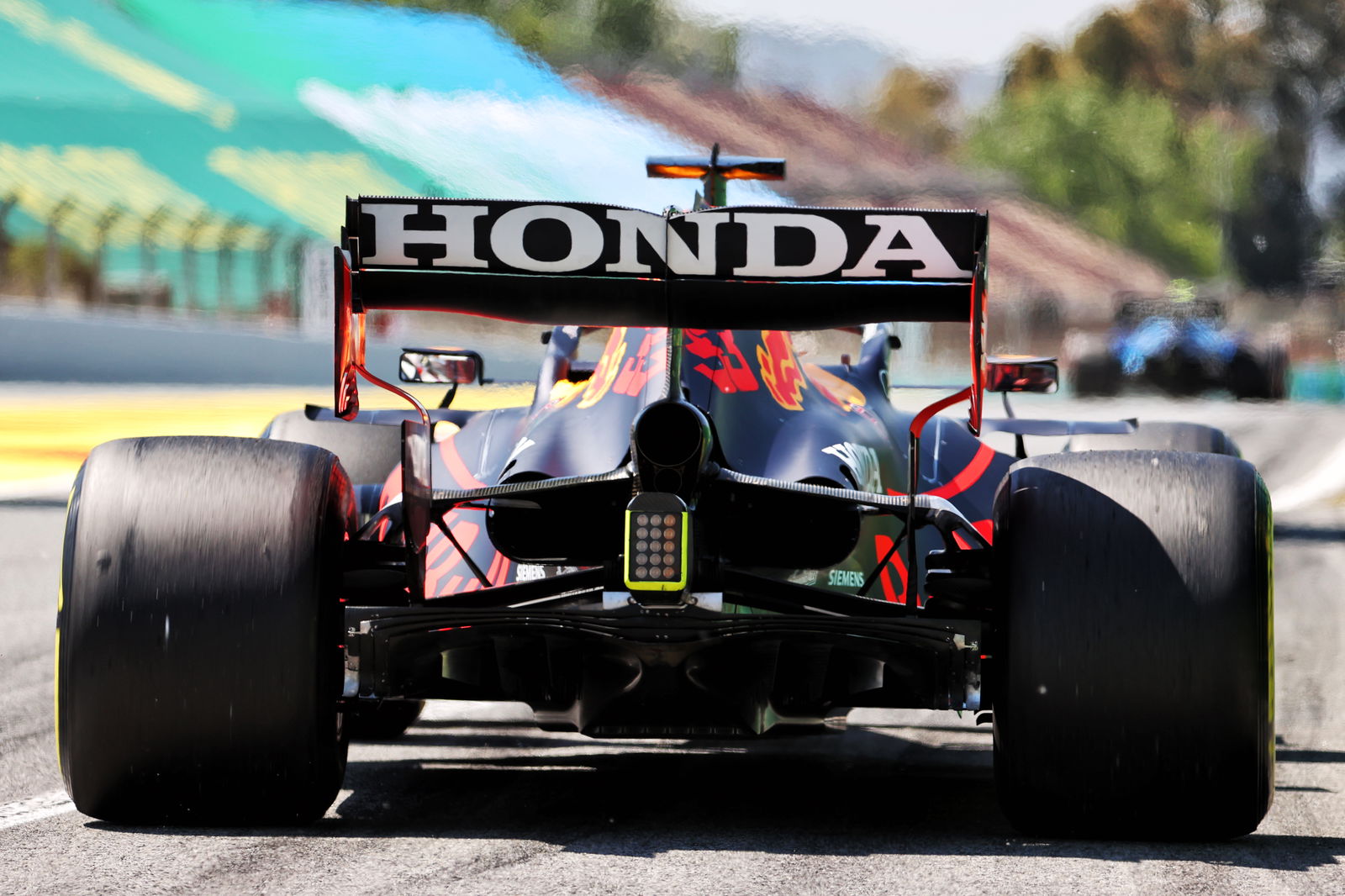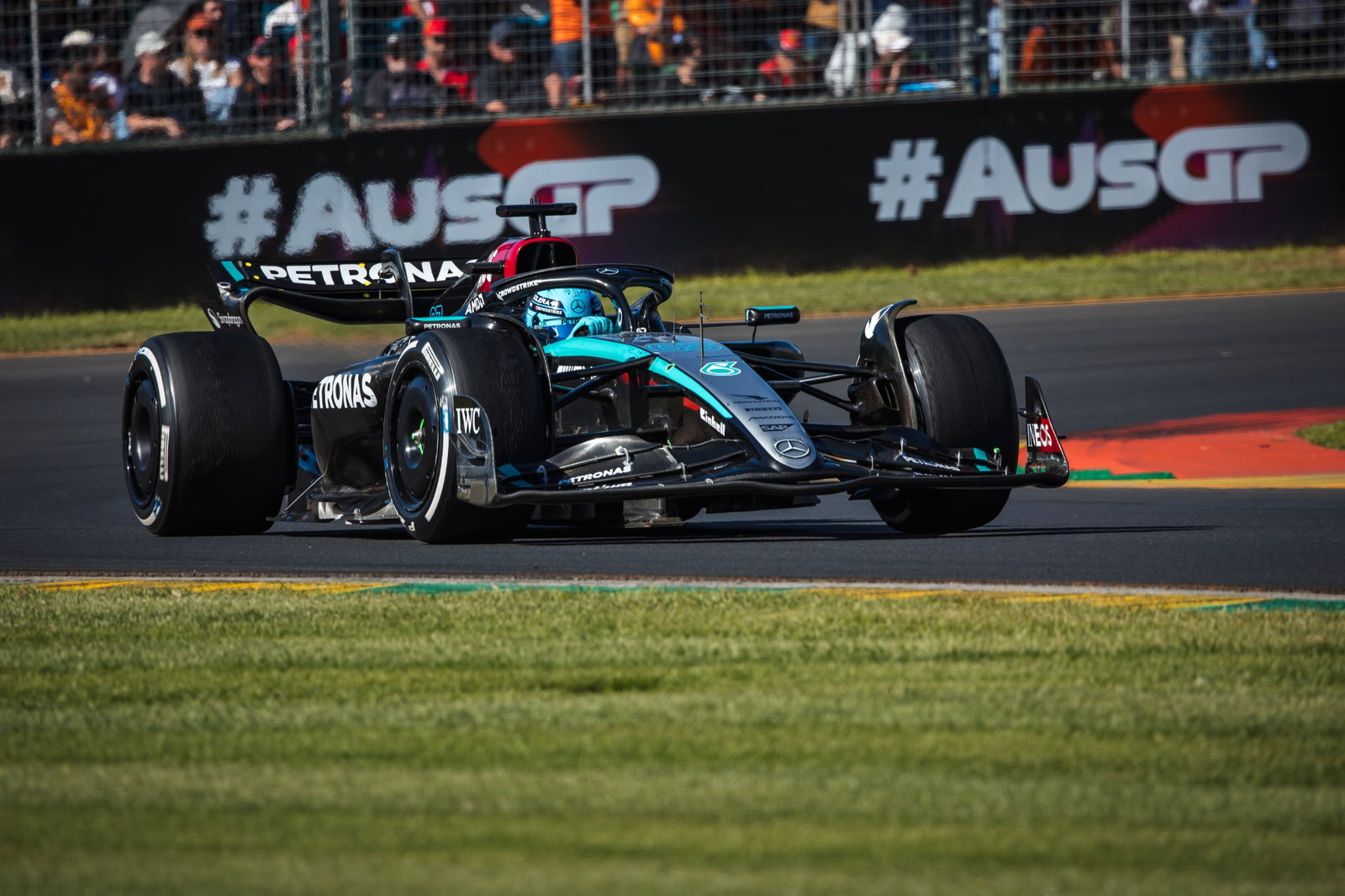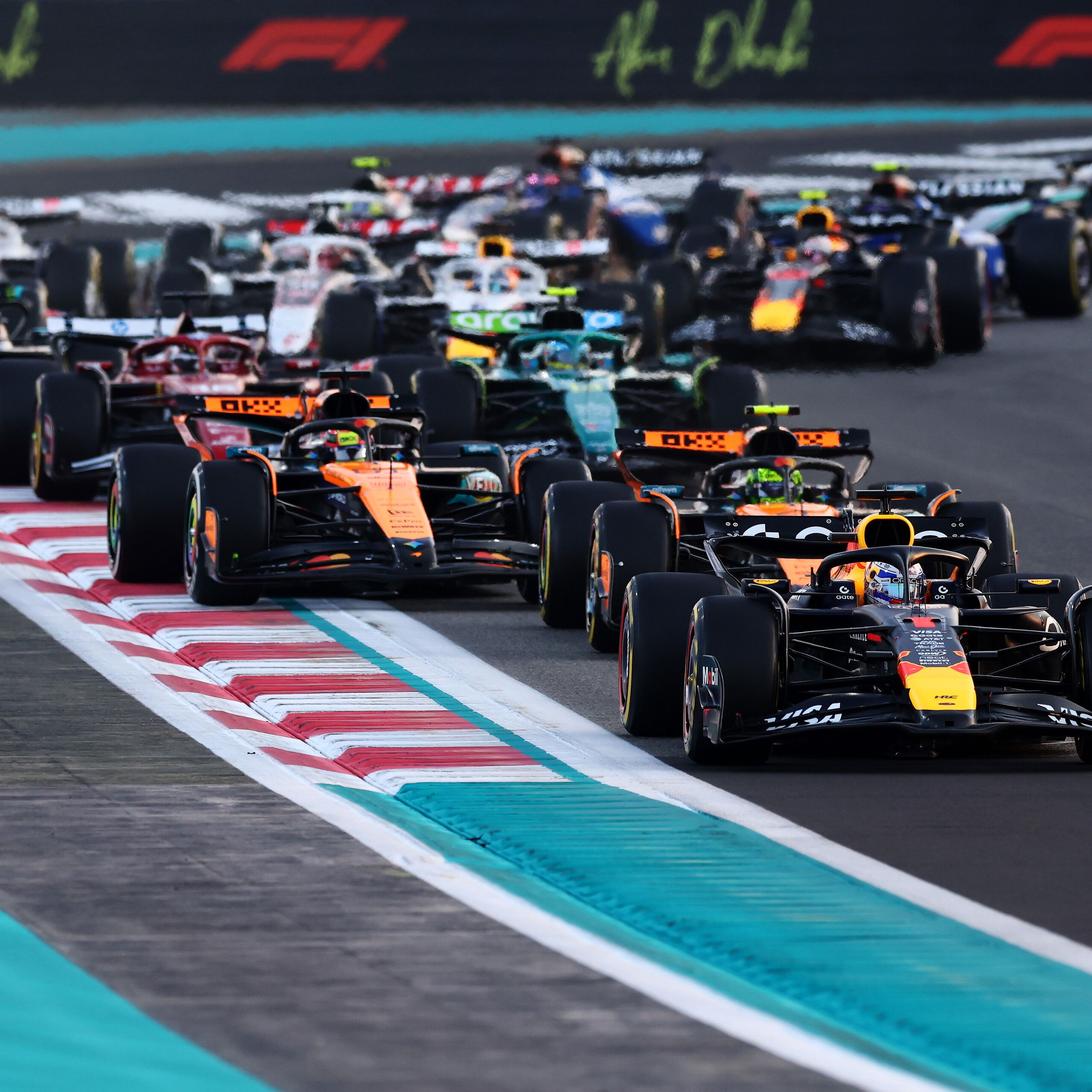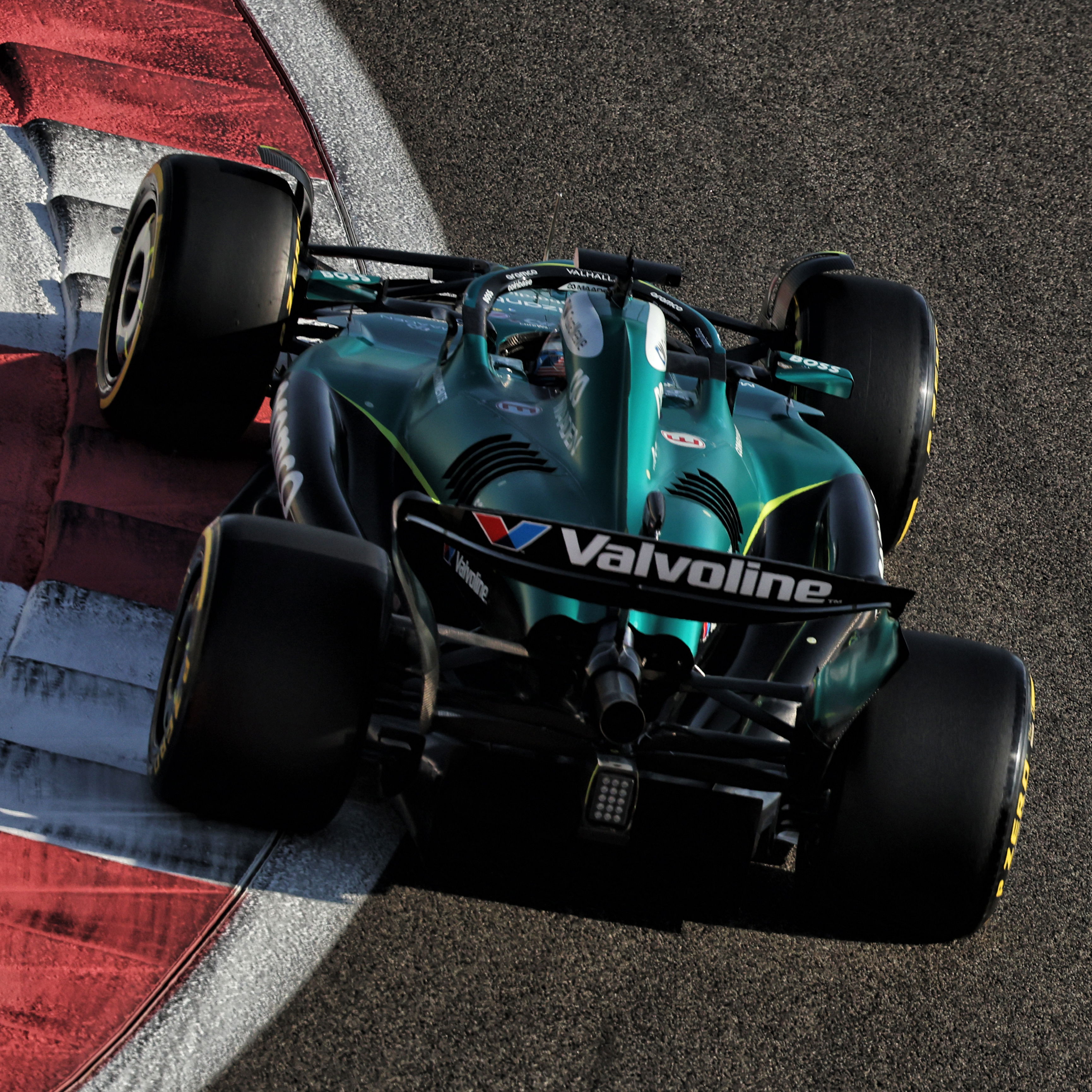Fernando Alonso assured Australia tactics won’t “impact” his F1 future
Will Fernando Alonso's chances of securing a Mercedes seat be impacted by his Australia tactics?

Sky Sports F1 pundit Karun Chandhok doesn’t think Fernando Alonso’s tactics at the Australian Grand Prix will stop other teams from signing him for 2025.
Alonso was hit with a 20-second time penalty after the race by the stewards for "an unusual manoeuvre".
The incident occurred when Alonso was at Turn 6, he lifted off significantly, which impacted George Russell’s approach to the corner.
Russell was distracted and impacted by the dirty air created from Alonso’s Aston Martin, resulting in the Mercedes driver crashing out.
While Russell didn’t have contact with Alonso or even take evasive action, the stewards described it as “potentially dangerous”.
As a result, he was hit with a drive-through penalty - which was converted to 20 seconds - dropping from sixth to eighth.
Alonso has protested his innocence since, while Aston Martin boss Mike Krack put out a passionate statement in his defence.
Writing for Sky’s F1 website, Chandhok dismissed suggestions that Alonso’s antics in Australia could impact his chances of other teams signing him.
"No, I don't think so. Fernando is a ruthless, brilliant and smart competitor,” Chandhok wrote.
"Alonso is a tough competitor who has a sort of win-at-all-costs approach. And I guess any team who signs him up is signing him up for that. So I don't think it has any impact on the future.
"I think whatever happens the future, will be a decision independent of this incident in Melbourne. I don't think a single incident like this will make a team sign or not sign a driver."
There was much debate over whether Alonso deserved a penalty in the first place given there was no contact with Russell and similar tactics have been deployed by other drivers in the past.
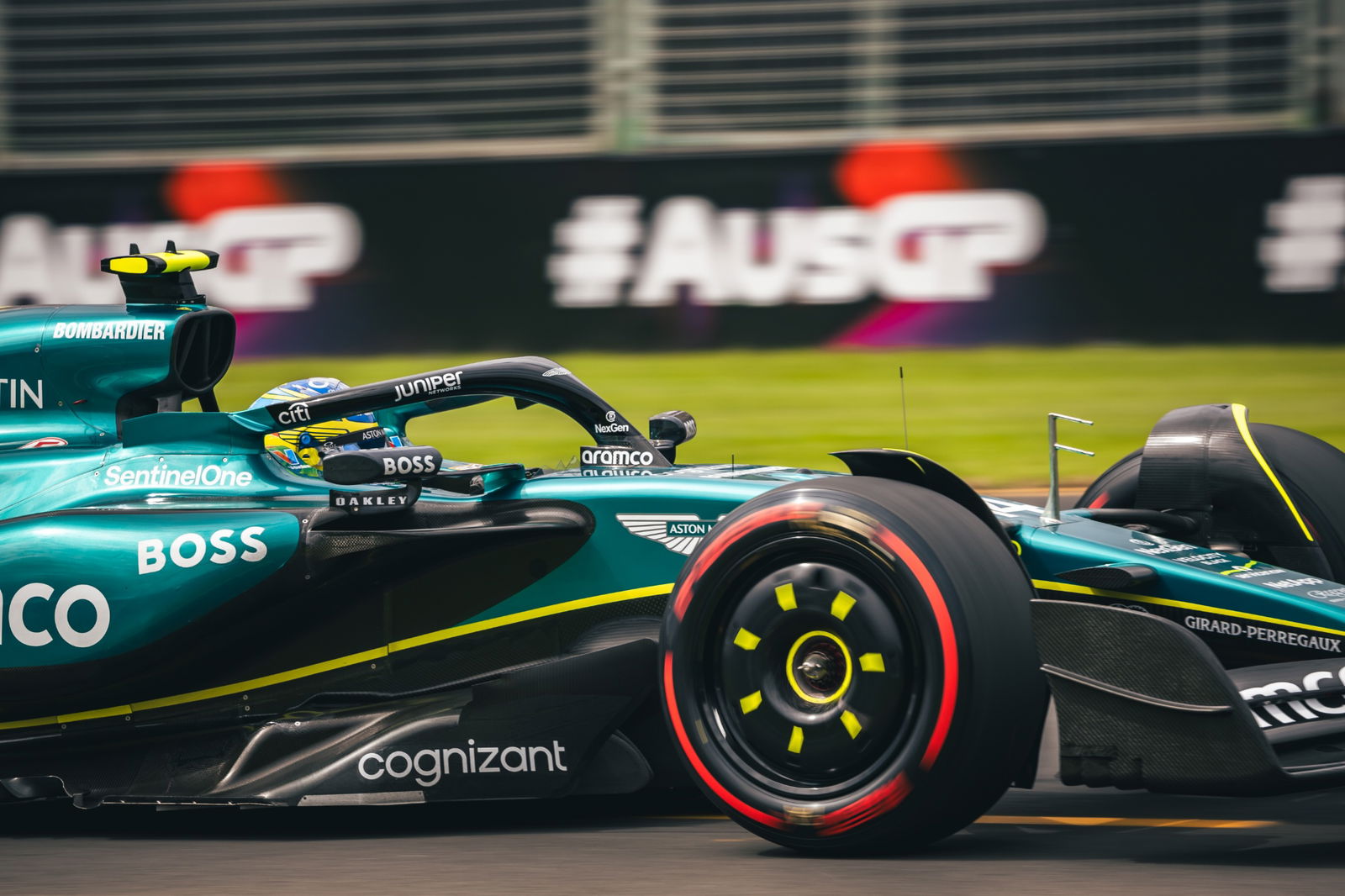
Chandhok felt the unpredictable nature of Alonso’s actions was the reason why Alonso was penalised.
"There's a way to drive tactically, and there's a way that goes slightly beyond what is being judged as fair, and in this instance, it feels like that was the case,” he added.
"If I look at Alonso's example of Imola 2005 that he cited, that was brilliant tactical driving by him, positioning the car in the right place at the right time, slowing the corner entry to get a better exit. But it was done in a predictable manner, and I think that is the keyword here, predictable.
"A lot of people have referenced Kevin Magnussen's driving in Jeddah, questioning how it was okay for him to intentionally slow down the field there, but Alonso got done for the move in Melbourne. There was a predictability in what Magnussen was doing. He was driving in a tactical way, slowing down mid-corner in long radius corners where there was only one line, so nobody had the opportunity to overtake him. But it was done in a way that the cars behind knew what he was doing.
"In Fernando's case, looking at some of the GPS data as well, what's quite clear is, in contrast to his own driving in the previous few laps, he seemed to back off and brake significantly earlier on this lap and then accelerated and braked again. And that's where the unpredictability came in for George.
"I think any driver on the planet would have obviously tried to brake early to get a good exit, I think where this perhaps crossed the line is it was so much earlier, so much so that he in fact had to speed up again."
